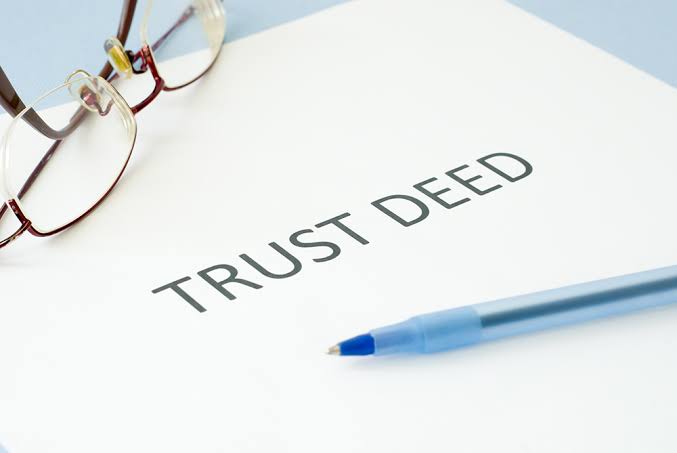Think back, when was your trust deed last updated? A deed should not be a document filed away and never looked at again.
A trust deed is an essential legal document that sets out what trustees need to do to comply with the Superannuation Industry (Supervision) Act. The deed sets out rules for the establishment and operation of the fund. It includes everything required under legislation such as the fund’s objective, who is allowed to be a member of the fund and how benefits are to be paid to members. The trust deed forms the rules for the governance of the super fund.
The information included in a trust deed should consist of:
- The names of members and trustees, or the fund’s directors if the fund has a corporate trustee structure
- The objective of the fund. All super funds must be set up for the sole purpose of providing retirement benefits to members
- Rules which dictate how the trustees can implement the fund’s investment strategy.
- Rules that outline how the fund will be administered, how members will be paid, and in what circumstances indicate the fund needs to be wound up.
Benefits of updating the fund’s trust deed
Due to numerous changes to superannuation rules, the fund’s deed must be kept up to date with these changes. The last thing a trustee should inadvertently do is breach the provisions of the deed because they have done something permitted under the current rules, but not allowed by the deed.
Examples include borrowing under s67 of the SIS Act which was not permitted before 2007, and some pensions that may not have been allowable when the deed was written, such as a transition to retirement pension. Also, some contribution problems may arise like contribution splitting may not be permissible.
Having a deed which is not up to date may cause significant issues for estate planning. Older deeds, in many cases, would not allow for non-lapsing binding death benefit nominations. Deeds that are not updated may inadvertently create nominations that lapse every three years. Meaning that members of that SMSF may have an invalid death benefit appointment which could create unintended consequences, raising potential litigation issues with disgruntled beneficiaries. There have been multiple claims through the court system due to ambiguous or outdated deeds, especially concerning estate claims.
These are just some of the many examples we could give about the adverse effects of not updating the fund’s trust deed as the legislation evolves.
It is crucial to ensure your trust deed is up to date, and trustees should contact a legal professional to update the deed ensuring the compliant. This gives you with the peace of mind that the document is robust enough to withstand challenge, especially if the trustee is not around the make decisions.

